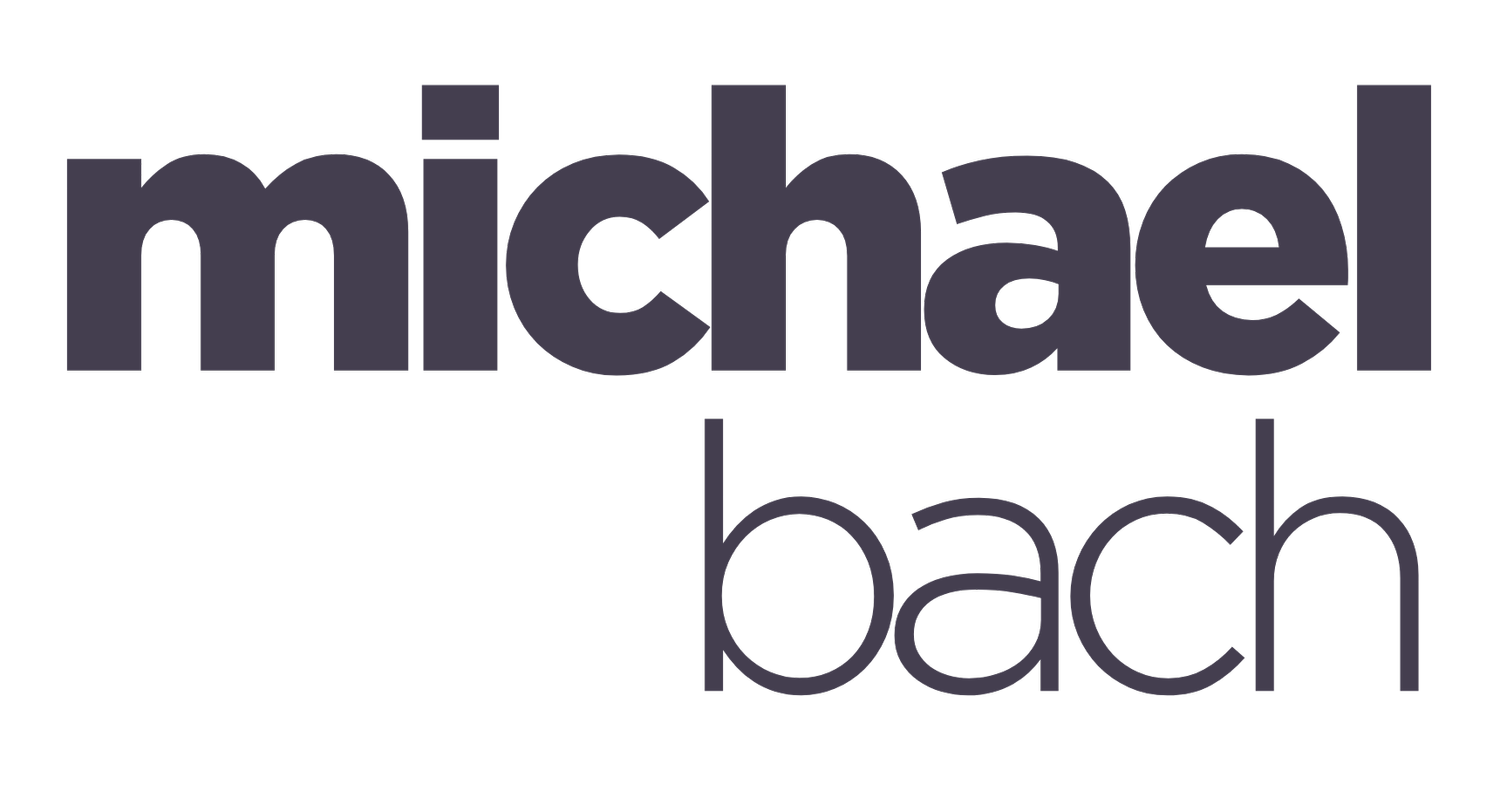💸 Still Good Business: Why Inclusion Is an Economic Imperative
You’ve probably heard the whispers. “DEI is dead.” “It’s too political.” “We’re pulling back until the heat dies down.”
Here’s a radical idea: those whispers are wrong.
Inclusion, Diversity, Equity, and Accessibility (IDEA) isn’t a distraction from business—it’s the backbone of it. The data doesn’t lie, and neither do the people who live it: organizations that prioritize DEI outperform, out-innovate, and outlast those that don’t.
So if you think DEI is too “woke,” you’re not paying attention. You’re leaving money on the table.
💰 The ROI of DEI: It’s Real
Let’s talk numbers.
According to McKinsey, companies in the top quartile for ethnic diversity on executive teams are 36% more likely to outperform on profitability.
Deloitte found that inclusive workplaces are 6x more likely to be innovative and 2x more likely to meet or exceed financial targets.
Accenture research shows companies with inclusive cultures have higher retention and lower absenteeism—both major cost savers.
This isn’t fuzzy math. This is cold, hard evidence that diverse, inclusive, and equitable organizations perform better.
⚠️ The Cost of Not Investing in DEI
On the flip side, stepping back from DEI efforts is a risk—and a big one.
High turnover from marginalized employees? That’s expensive.
Reputational damage from failing to act? That’s real.
Groupthink and stagnation because your team all look and think the same? Say goodbye to innovation.
Cutting DEI isn’t “neutral.” It’s a step backward. And it signals to current and future employees that your organization doesn’t value them.
🧠 Inclusion Is Strategic
Some say inclusion is about doing the right thing. I say it’s about doing the smart thing.
Diverse teams solve problems faster.
Inclusive companies attract broader customer bases.
Equitable policies boost engagement and retention.
In short: inclusion drives performance. It's not fluff. It’s fuel.
This matters even more in today’s world. Global markets are diverse. Workforces are multigenerational and multicultural. Customers are paying attention. If you’re not thinking inclusively, you’re thinking too small.
🔁 Don’t Confuse Backlash With Truth
Let’s not kid ourselves—there’s backlash. DEI is being used as a political scapegoat, a punching bag for people uncomfortable with progress. But a vocal few shouldn't derail the future of work. You don’t abandon what’s right just because it’s hard. You double down, reframe the business case, and get even clearer about the impact of your efforts.
This is the evolution of DEI—not the end of it.
📈 What DEI-Driven Companies Do Differently
They:
Use data to track progress, not gut feelings.
Embed inclusion into every department—not just HR.
Talk about DEI in terms of performance, growth, and strategy—not just values.
Make DEI everyone’s responsibility, not just the DEI team.
And it works. Because inclusion, done right, makes everyone better at their job.
💥 The Bottom Line
Let’s say it plain: DEI is still good business. In fact, it’s never been more essential.
So, if your organization is thinking about stepping back, think again. This isn’t the time to pull the plug—it’s the time to plug DEI into your core business strategy. Because if you're not actively working to include, you’re inevitably excluding.
And exclusion doesn’t pay.
Learn more about Michael’s speaking topic, It’s the Economy Stupid: Inclusion, Diversity, Equity and Accessibility is STILL Good Business.

